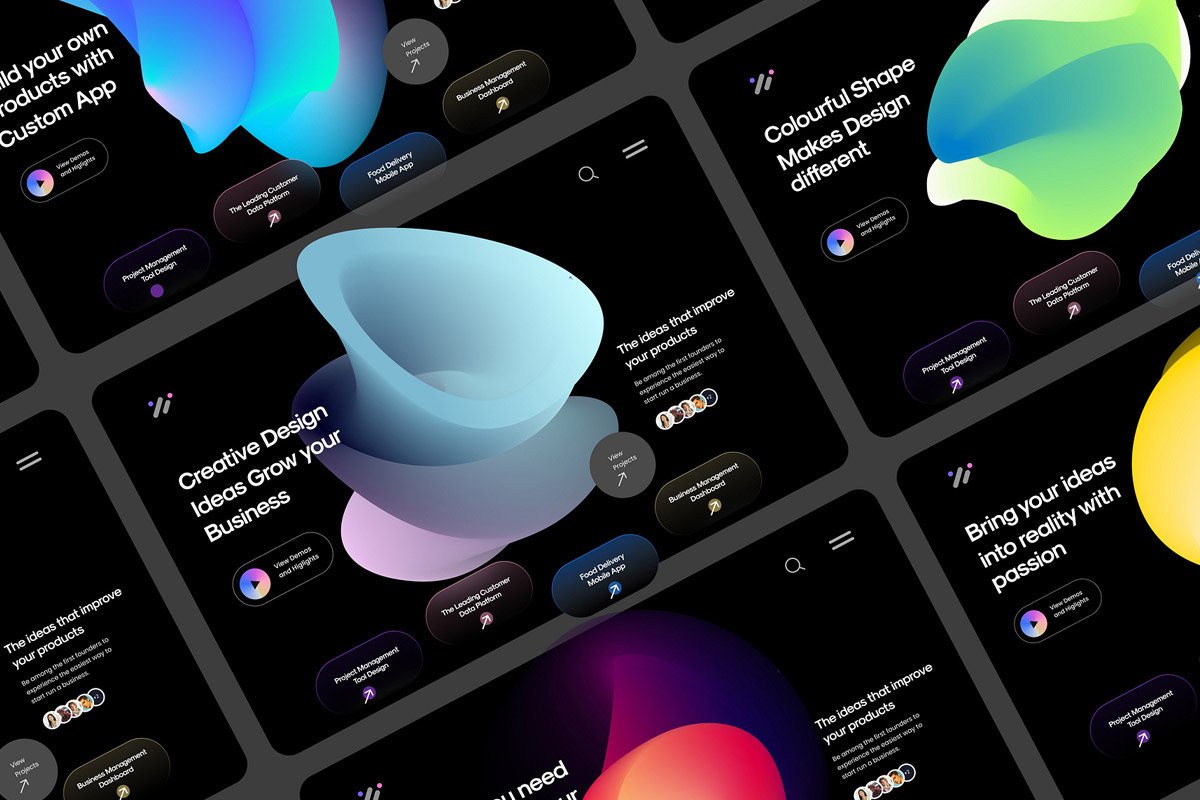
It has augmented the potency of SEO by providing innovative tools and strategies to improve search engine rankings and user experiences. Machine learning algorithms continuously refine search engine algorithms, enabling them to better understand user intent, context, and content relevance. AI-powered tools analyze user behavior patterns, preferences, and engagement metrics to fine-tune content strategies. Natural Language Processing (NLP) algorithms aid in creating high-quality, relevant content that resonates with both users and search engines. With the proliferation of voice assistants, AI assists in optimizing content for conversational queries, understanding natural language, and catering to long-tail keywords that align with spoken searches.
“User-centred design is a method of turning ideas into value, of linking creativity and innovation and achieving outcomes that are good for business, people and the planet.”
Mike Anderson
Managing Director, Bentocase